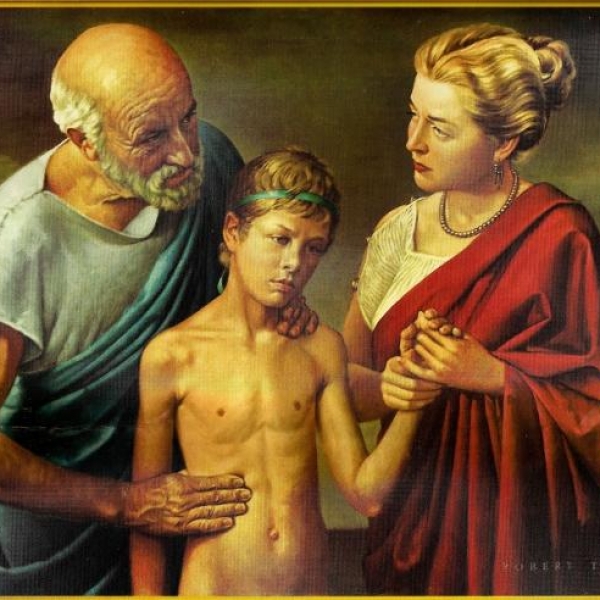Contact Admission
International Collaboration
Community Health Seminar: Early Warning Signs of Stroke During Hot Weather
Da Nang, 21/6 – In response to the intense heatwave affecting the Central region, the Hospital of Phan Chau Trinh University of Medicine organized a community health seminar titled: “Heightened Awareness of Stroke Risks During Hot Weather”, aiming to provide the public with practical medical knowledge about one of the most dangerous conditions that tends to rise during the summer.
Raising Community Awareness About Stroke
The seminar featured two experienced speakers: Dr. Le Xuan Tuy, Specialist Level II – Medical Director, and Dr. Nguyen Le Ran, MSc – Head of Outpatient Services. Attendees received clear, accessible, and science-based information about risk factors, warning signs, and initial responses to suspected stroke cases.
According to Dr. Tuy, high environmental temperatures can increase blood pressure, promote clot formation, and lead to stroke – especially in the elderly and those with underlying conditions such as hypertension, diabetes, and dyslipidemia.
“Recognizing early symptoms and responding appropriately within the first hour can save lives and significantly reduce long-term complications. That’s why we chose this topic – to stand with the community,”
shared Dr. Nguyen Le Ran..
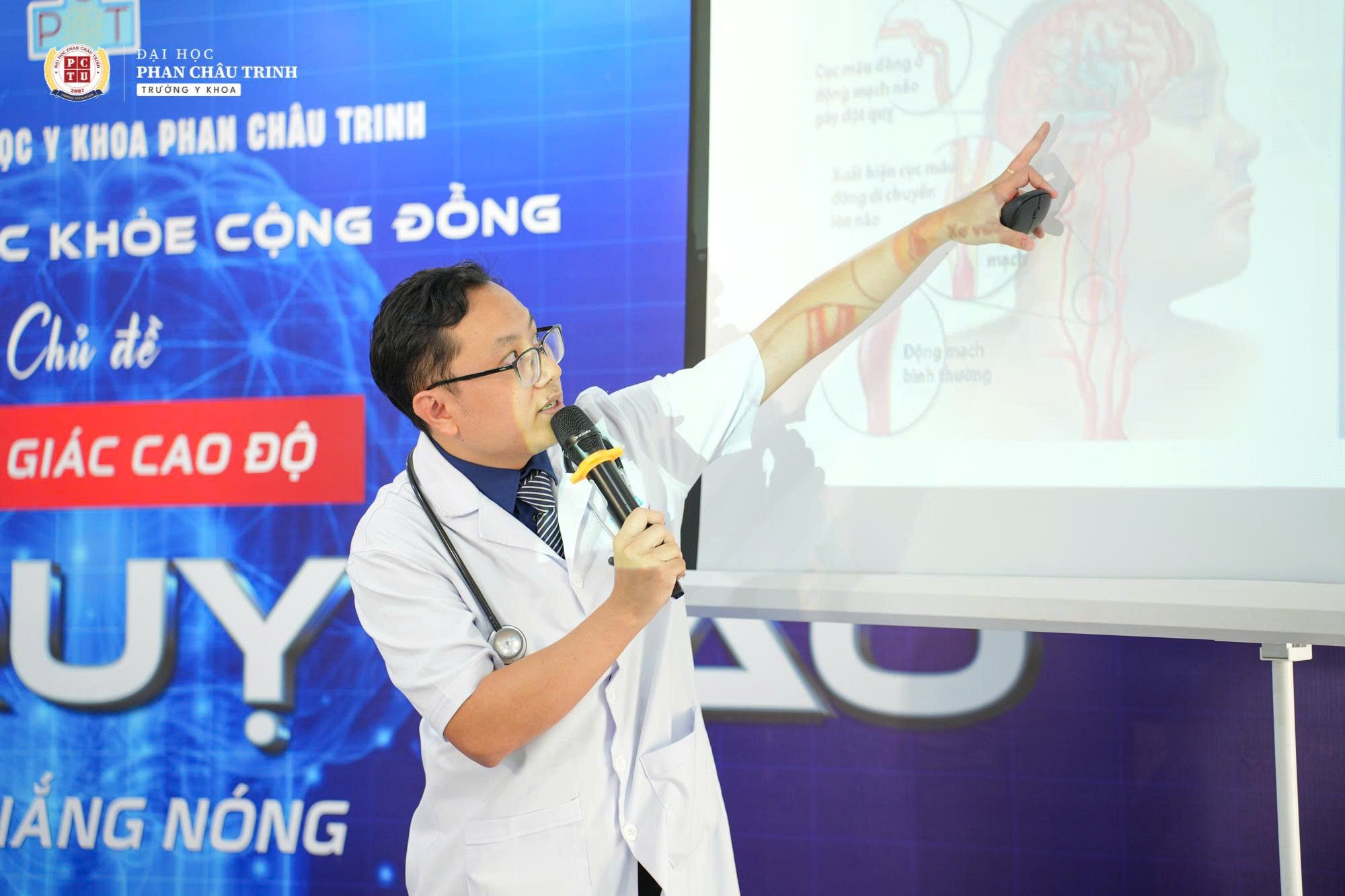
Free Health Screening and Consultations
Following the seminar, participants were invited to take part in a free health screening program, which included blood pressure checks, blood sugar tests, and consultations on stroke risks and related cardiovascular and metabolic conditions.
This initiative is part of a regular series of community outreach programs organized by the Phan Chau Trinh University Hospital and Academic System, aimed at providing comprehensive and sustainable healthcare to residents in the Central region.
Innovation in Education – Commitment to the Community
Beyond its mission of training high-quality medical professionals and advancing scientific research, PCTU positions itself as a bridge between academic medicine and real-life healthcare needs. Events like this seminar reflect the university's strong commitment to bringing medical knowledge closer to the community and contributing to public health and quality of life.
From the Heart of Healthcare Professionals
The organizers noted that similar community health programs will continue to be held regularly, covering common and essential topics such as chronic diseases, nutrition, elderly care, and school health.
“We do more than train future doctors — we share responsibility and spread the human values at the heart of medicine.”
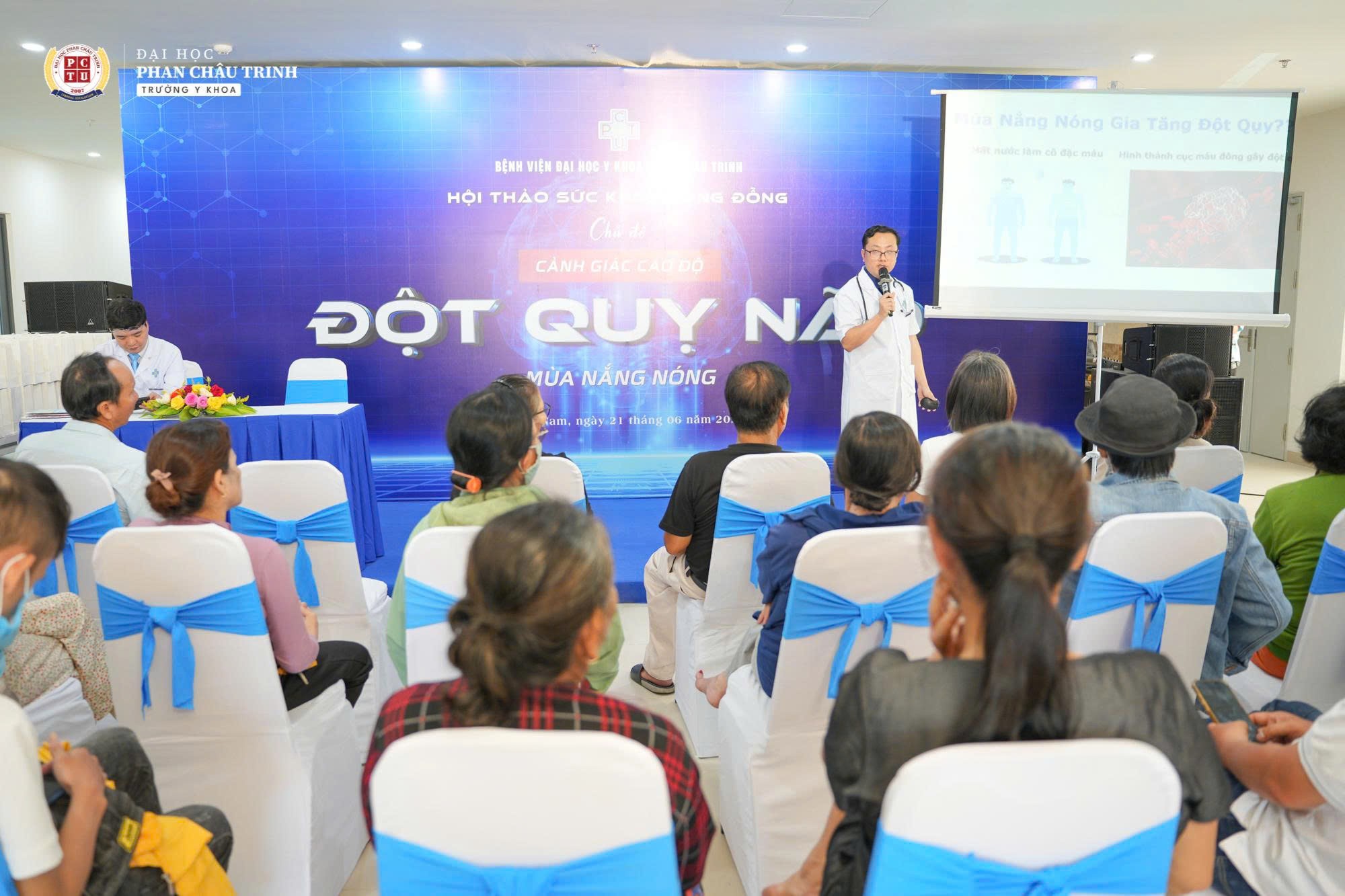
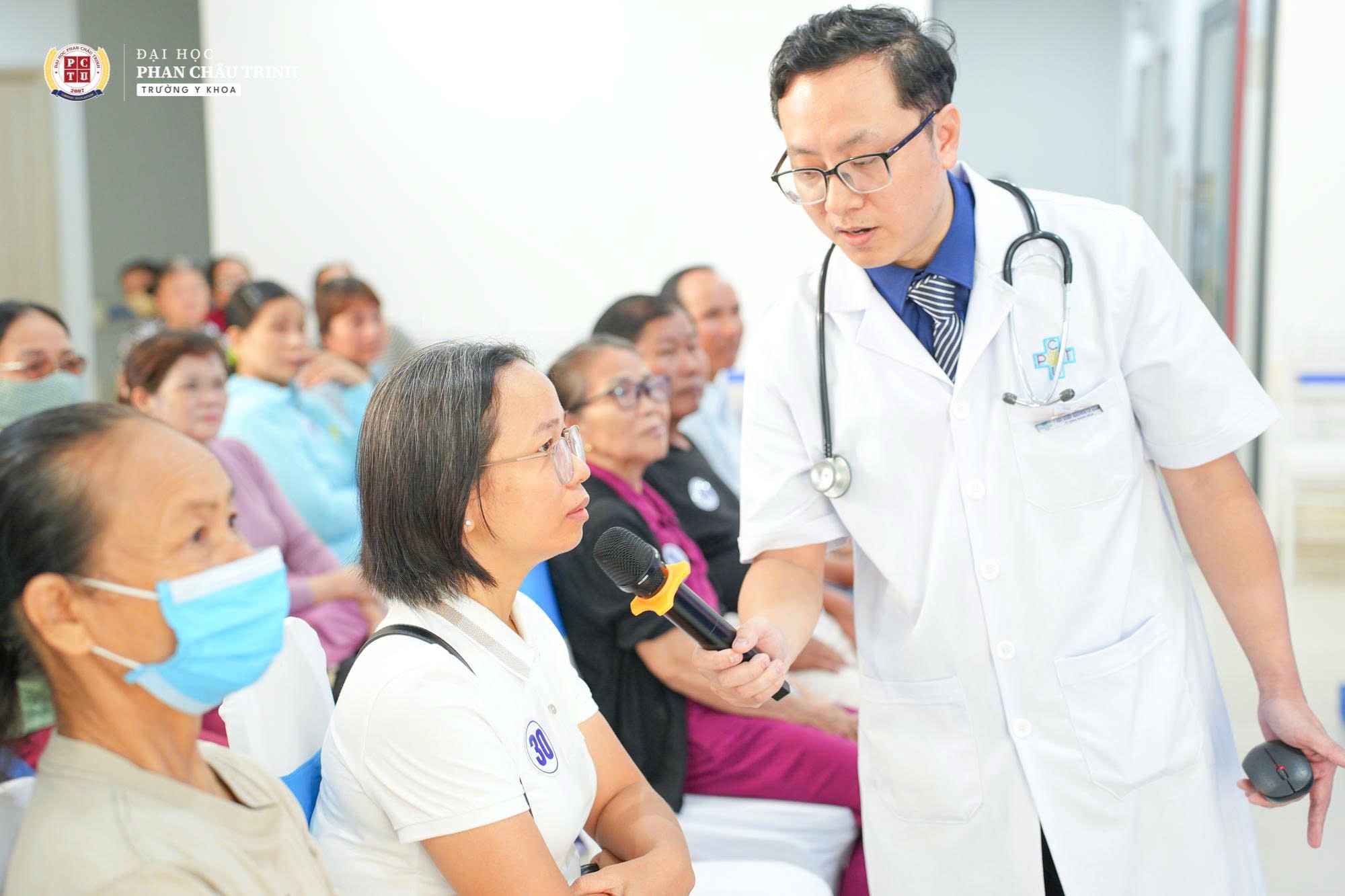
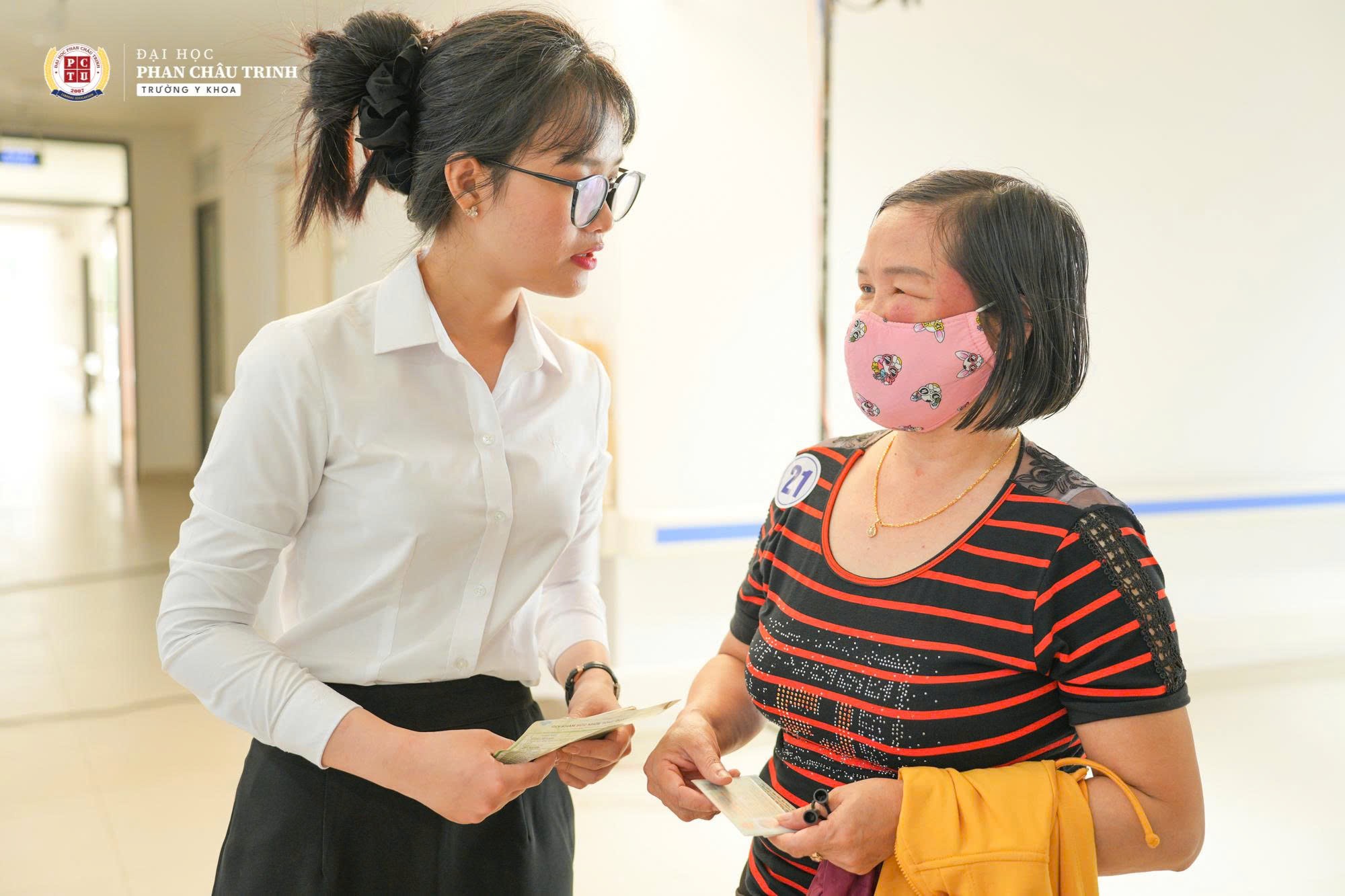
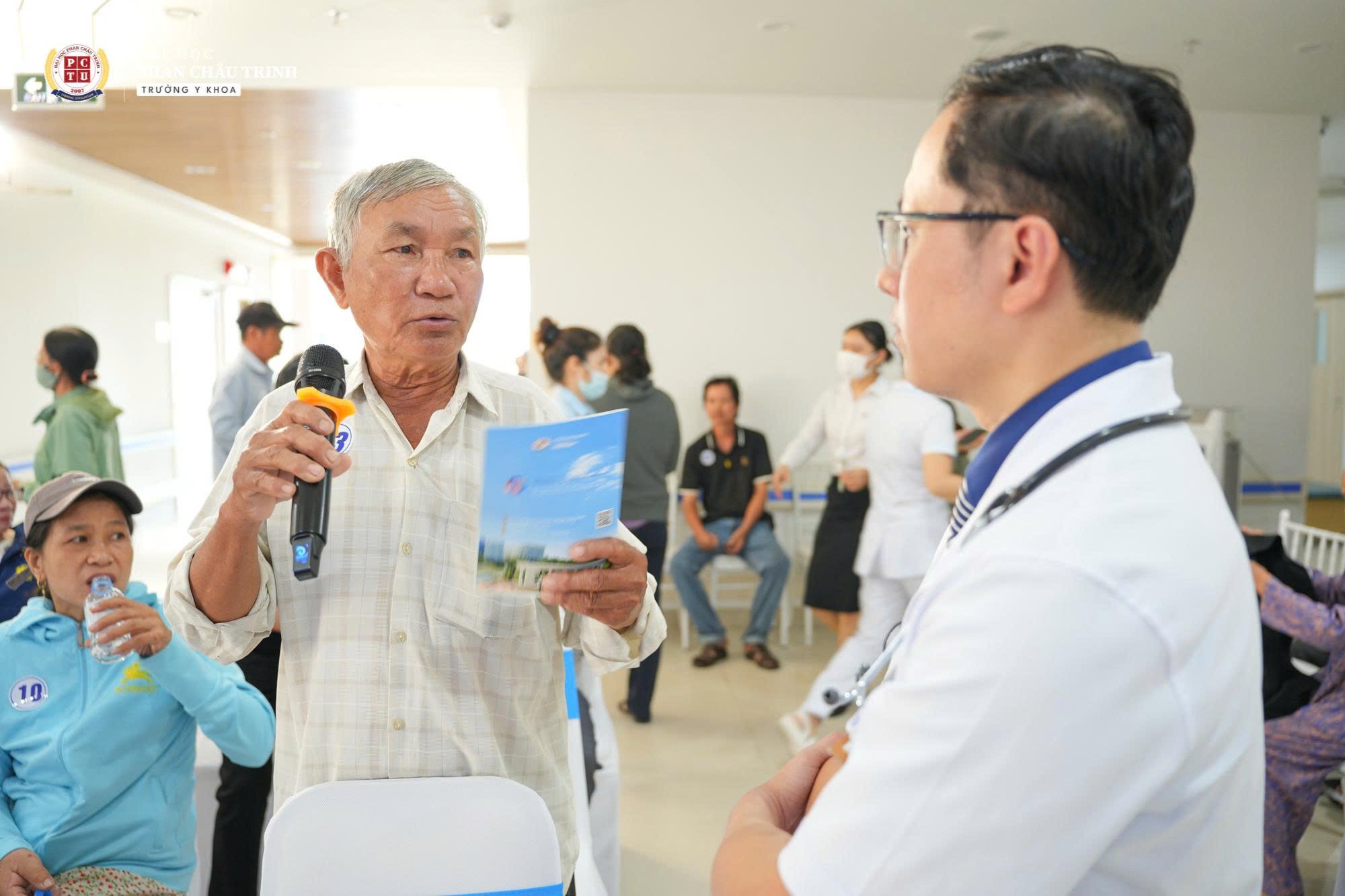
Other news
- The First Tissue Bank in Central Vietnam Officially Commences Operations ( 18:07 - 13/02/2026 )
- Grand Opening of the First Medical Museum in Vietnam and Two Other Key Facilities ( 13:08 - 02/02/2026 )
- Macchabée Ceremony 2026 ( 07:51 - 28/01/2026 )
- Specialized workshop: “Personalization in the diagnosis and treatment of allergic diseases and asthma” ( 14:31 - 24/01/2026 )
- The Hospital – University trade union reviews a year of activities ( 09:47 - 22/01/2026 )
- The first handshake of 2026 marks the Dental – Maxillofacial field ( 08:39 - 07/01/2026 )
- Expanding educational and medical research collaboration with the Wexner Medical Center – The Ohio State University ( 15:40 - 31/12/2025 )
- International Academic Exchange in the Field of Pathology ( 14:56 - 25/12/2025 )
- Upgrading the academic partnership with Michigan State University, USA ( 16:27 - 08/12/2025 )
- Sky-line students “first touch with the medical profession” at PCTU ( 13:56 - 02/12/2025 )










